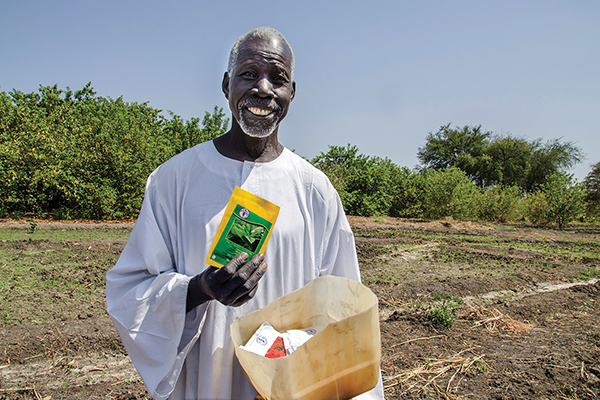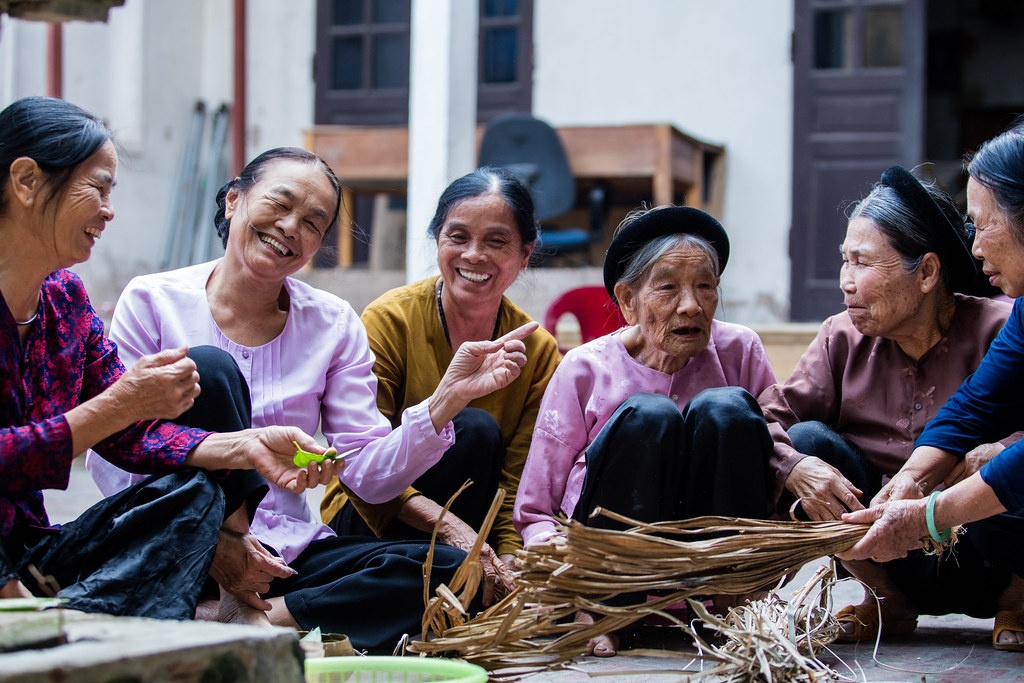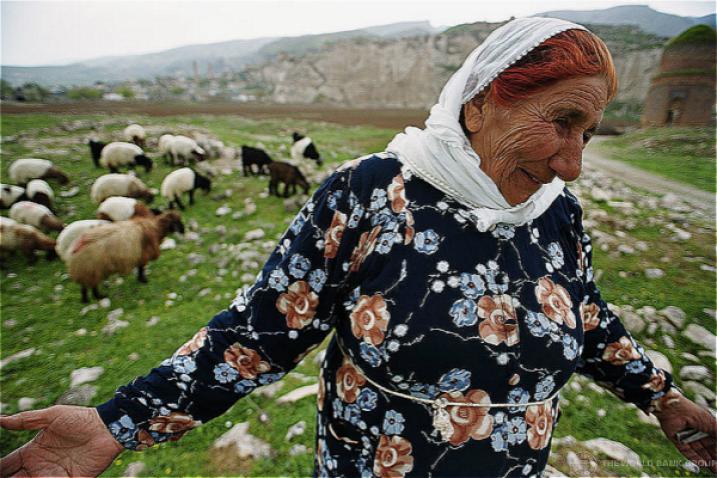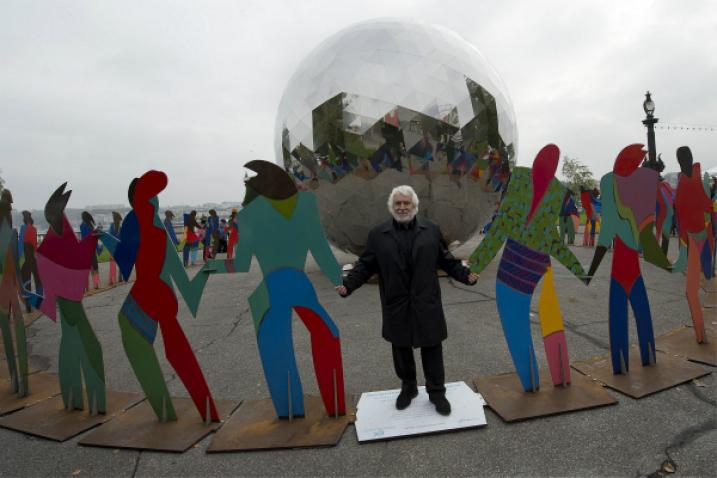2024 Theme: Spotlight on Older Persons in Emergencies
Emergencies such as natural disasters, pandemics, or conflicts disproportionately affect older persons, exacerbating their existing vulnerabilities. Addressing their needs in emergency planning and response is crucial, as older individuals often face mobility issues, chronic health conditions, or social isolation. These factors can hinder their ability to access aid, evacuate safely, or receive timely medical care and support services. Additionally, the stress and chaos of emergencies can increase the risk of elder abuse, including physical, emotional, financial, or neglect.
This year's World Elder Abuse Awareness Day (WEAAD), with the theme "Spotlight on Older Persons in Emergencies," emphasizes the urgent need to protect and support older individuals during crises. It calls on governments, international donors, organizations, and communities to prioritize the safety and well-being of older persons in their emergency preparedness and response strategies. It encourages the development of inclusive policies that ensure older persons are not overlooked during crises.
WEAAD 2024 also highlights the importance of education and training for emergency responders, caregivers, and the public. By raising awareness about the specific challenges faced by older persons in emergencies, we can foster a more inclusive and protective environment.
As we come together to observe WEAAD, let us reaffirm our commitment to safeguarding the rights and dignity of older persons, ensuring that no one is left behind, especially in times of crisis.
Combating violence, abuse and neglect of older persons during conflict situations
Location: Conference Room 11 United Nations Headquarters, New York
WEAAD represents the one day in the year when the world voices its opposition to elder abuse, a human rights violation, and enhances the recognition of the dignity of older persons and their right to live free of fear and violence.
Follow the celebration live at the United Nations through UN Webtv
Addressing Elder Abuse
Between 2019 and 2030, the number of persons aged 60 years or over is projected to grow by 38%, from 1 billion to 1.4 billion, globally outnumbering youth, and this increase will be the greatest and the most rapid in the developing world, and recognizing that greater attention needs to be paid to the specific challenges affecting older persons, including in the field of human rights.
Elder abuse is a problem that exists in both developing and developed countries yet is typically underreported globally. Prevalence rates or estimates exist only in selected developed countries — ranging from 1% to 10%. Although the extent of elder mistreatment is unknown, its social and moral significance is obvious. As such, it demands a global multifaceted response, one which focuses on protecting the rights of older persons.
Approaches to define, detect and address elder abuse need to be placed within a cultural context and considered along side culturally specific risk factors. For example, in some traditional societies, older widows are subjected to forced marriages while in others, isolated older women are accused of witchcraft. From a health and social perspectives, unless both primary health care and social service sectors are well equipped to identify and deal with the problem, elder abuse will continue to be underdiagnosed and overlooked.
Age-friendly cities benefit everyone
Age-friendly cities benefit everyone. Everyone, and especially older people, including migrants and refugees living in communities outside their own, can benefit from approaches that target the challenges in creating enabling environments for all to live and thrive.
Did you know?
- By 2050, it is estimated that 1 in every 6 people will be aged 65 or over, increasing the vulnerability experienced by older persons to violence.
- Around 1 in 6 people 60 years and older experienced some form of abuse in community settings during the past year.
- Elder abuse can lead to serious physical injuries and long-term psychological consequences.
- Elder abuse is predicted to increase as many countries are experiencing rapidly ageing populations.
- Globally, 82% of the estimated deaths from the COVID-19 pandemic occurred in people aged 60 years or older
Create a world for all ages
Ageism affects how we think, feel and act towards others and ourselves based on age. It imposes powerful barriers to the development of good policies and programmes for older and younger people, and has profound negative consequences on older adults’ health and well-being. Launched by World Health Organization, the Combatting Ageism Campaign aims to change the narrative around age and ageing and help create a world for all ages.
Related Observances
- International Day for the Elimination of Racial Discrimination (21 March)
- International Day of Families (15 May)
- Global Day of Parents (1 June)
- International Day of Older Persons (1 October)
- Human Rights Day (10 December)
- International Universal Health Coverage Day (12 December)






